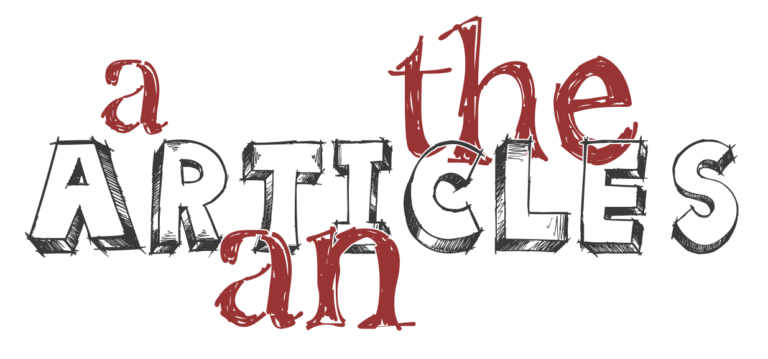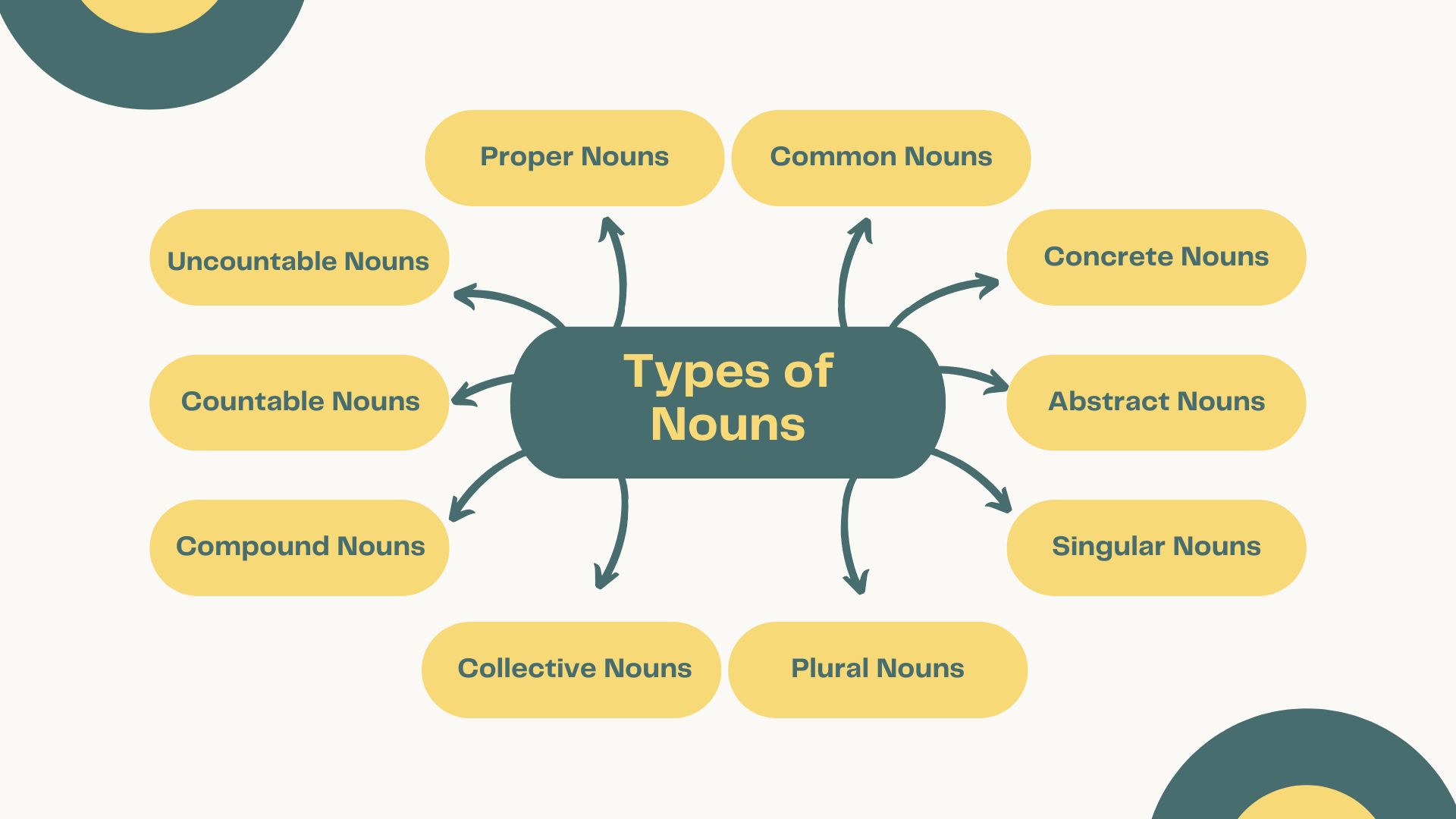150 Words Ending with ship with their Meanings
Our relationships and roles help define who we are. Words ending with ship show our connections and skills, making them important in language. This article offers a list of 150 words ending with ship with their meanings to help you expand your vocabulary and understand these key ideas.
Definition and Significance of “Ship” Suffix
The suffix “ship” comes from the Old English word “scipe” and means a state or condition. It shows different relationships and qualities. Words like “friendship” and “leadership” reflect shared experiences that shape how we connect with others.
The importance of “ship” highlights how social structures and emotional bonds work. For instance, “leadership” focuses on responsibility, teamwork, and growth. Overall, the suffix “ship” reminds us how important our connections are and encourages us to think about the quality of our interactions in our communities.
Commonly Used Words Ending with Ship
Here’s a comprehensive list of 150 commonly used words ending with ship, along with brief meanings for each. These words typically refer to states, qualities, positions, conditions, or relationships:
1. Abandonship – The act of leaving a ship, especially in an emergency.
2. Admiralship – The office or position of an admiral.
3. Apprenticeship – A system of training new practitioners of a skill.
4. Authorship – The state of being an author.
5. Airmanship – Skill in operating aircraft.
6. Ambassadorship – The position or role of an ambassador.
7. Appleship – The state or condition of being apple-like (rare/poetic usage).
8. Associate-ship – The position or role of an associate.
9. Aunt-ship – The role or status of being an aunt (rare/colloquial).
10. Bargainship – The act of making a bargain (archaic).
11. Battleship – A large armored warship.
12. Bishopship – The office or rank of a bishop.
13. Boardership – The condition of being a boarder (lodger or student living in a dorm).
14. Brinkmanship – The practice of pursuing a dangerous policy to the limits of safety.
15. Brothership – The state of being brothers; brotherhood.
16. Captionship – The role or position of a captain.
17. Censorship – The suppression or prohibition of content considered offensive or dangerous.
18. Chairmanship – The role of a chairperson or head of a committee.
19. Championship – A contest for the position of champion; the state of being a champion.
20. Citizenship – The status of being a citizen of a country.
21. Clientship – The state or condition of being a client.
22. Clerkship – The position or office of a clerk.
23. Comradeship – The feeling of friendship and trust among comrades.
24. Craftsmanship – The quality of design and work shown in something made by hand.
25. Courtship – The period of romantic pursuit before engagement or marriage.
26. Curatorship – The position of a curator (museum or gallery official).
27. Censorship – Control of information and ideas circulated within a society.
28. Counselorship – The position of a counselor.
29. Dictatorship – A form of government where one person has absolute power.
30. Dramaship – The role of a drama producer or leader.
31. Eldership – The office or condition of being an elder.
32. Emirship – The rank or position of an emir (Muslim ruler).
33. Executorship – The role of executing someone’s will.
34. Fellowship – Friendly association, especially with people who share interests.
35. Friendship – The state of being friends.
36. Followership – The condition or act of following a leader.
37. Gamership – The state of being a gamer (informal).
38. Generalship – Military skill in a general.
39. Governorship – The office or term of a governor.
40. Guardianship – Legal responsibility for someone else’s care.
41. Hardship – Severe suffering or privation.
42. Headship – The position of being a leader or head.
43. Heirship – The right to inherit property.
44. Horsemanship – The skill of riding horses.
45. Internship – A temporary position with training for a professional career.
46. Judgeship – The office or rank of a judge.
47. Kingship – The position or authority of a king.
48. Knighthoodship – The state of being a knight (variant usage).
49. Ladyship – A polite or formal way to refer to a woman of noble rank.
50. Leadership – The position or function of a leader.
51. Manship – The state of being a man (poetic or archaic).
52. Mediatorship – The role of a mediator.
53. Membership – The state of being a member of a group or organization.
54. Mentorship – Guidance provided by a mentor.
55. Messiahship – The status or role of a messiah.
56. Motherhoodship – The role or state of being a mother (rare/poetic).
57. Musicianship – Skill in performing music.
58. Navigator-ship – The skill or position of navigating.
59. Nurseship – The state or duties of a nurse (rare).
60. Officership – The position or role of an officer.
61. Ownership – The act, state, or right of owning something.
62. Partnership – A legal relationship between two or more people working together.
63. Patronship – The status or function of a patron.
64. Peership – The state or title of being a peer (nobility).
65. Pilotship – The role or skill of a pilot.
66. Quakership – The beliefs or practices of a Quaker.
67. Readership – The state of being a reader or audience.
68. Relationship – A connection or association between people.
69. Scholarship – Academic achievement or financial aid for study.
70. Seamanship – Skill in managing and operating a ship.
71. Servantship – The condition of being a servant (archaic).
72. Sheepmanship – Skill or occupation in raising sheep (rare).
73. Shipmanship – Skill in operating or commanding ships (rare).
74. Sistership – The state of being a sister (rare).
75. Spokespersonship – The role of acting as a spokesperson.
76. Sportsmanship – Ethical, appropriate, polite behavior while participating in a sport.
77. Statesmanship – Skill in managing public affairs; wisdom in politics.
78. Stewardship – The responsible management of something entrusted to one’s care.
79. Student-ship – The condition or period of being a student.
80. Supervisorship – The office or role of a supervisor.
81. Teachership – The role or function of a teacher.
82. Teamship – The condition of working in or as a team (modern/management speak).
83. Towns-ship – A unit of local government or community.
84. Trade-ship – A vessel used for commercial purposes.
85. Treachership – The condition of being treacherous (literary).
86. Trusteeship – The position of being a trustee.
87. Tutorship – The office or role of a tutor.
88. Unfriendship – The state of being unfriendly or not friends (rare).
89. Usurper-ship – The role or condition of being a usurper.
90. Vicepresidencyship – The office or role of a vice president (rarely used).
91. Wardenship – The office or role of a warden.
92. Warriorship – The condition of being a warrior.
93. Worship – The feeling or expression of reverence and adoration.
94. Writership – The state or condition of being a writer.
95. Workmanship – The degree of skill in making something.
96. Archivistship – The office, role, or duties of an archivist (a person who maintains and preserves archives).
97. Authoresship – The state or condition of being a female author; authorship by a woman.
98. Bailiffship – The position or duties of a bailiff (an officer of the court or a legal official).
99. Baronship – The rank or dignity of a baron; the title or office of a baron.
100. Boatsmanship – The skill or practice of managing or operating a boat.
101. Bondmanship – The condition or skill of being a bondsman or someone in servitude or obligation.
102. Booriship – The condition or behavior of being a boor; rudeness or uncouth manner.
103. Butlership – The position or duties of a butler.
104. Chairwomanship – The role or office of a female chairperson; leadership by a woman in a meeting or organization.
105. Connoisseurship – Expert knowledge and keen discrimination in some field, especially the arts or fine objects.
106. Countship – The title or position of a count (noble rank); count’s office.
107. Craftship – The skill or state of being crafty or skilled in a particular trade or craft.
108. Defendership – The role or action of a defender; one who defends or supports something.
109. Despotship – The condition or authority of being a despot; tyrannical rule.
110. Doership – The quality or condition of being a doer, someone who takes initiative and action.
111. Envoyship – The position or duty of an envoy; a diplomatic representative.
112. Expertship – The quality or skill of being an expert; expert-level competence.
113. Fatherhoodship – A rarely used extended form of “fatherhood”; the condition or role of being a father.
114. Friendlinesship – A creative or rare form indicating the quality of being friendly.
115. Generosityship – A coined or poetic way of referring to the state or quality of being generous.
116. Gentlemanship – The condition or behavior appropriate to a gentleman.
117. Guestship – The state or role of being a guest.
118. Guide-ship – The office, role, or skill of being a guide; leading others.
119. Headmastership – The office or duties of a headmaster (principal or leader of a school).
120. Hero-ship – The condition or quality of being a hero.
121. Host-ship – The role or office of being a host.
122. Human-ship – A poetic or philosophical term for the state or condition of being human.
123. Judge-ship – The office or duties of a judge.
124. Knightship – The rank, position, or character of a knight.
125. Lawyership – The profession or duties of a lawyer.
126. Learnership – The condition or period of learning; sometimes used in South Africa to describe a formal apprenticeship.
127. Lieutenancyship – The office or rank of a lieutenant (junior military or police officer).
128. Loyaltyship – A rare or coined term for the state of being loyal.
129. Magistrateship – The office, rank, or duties of a magistrate (a civil officer or judge).
130. Managership – The position or duties of a manager.
131. Manhoodship – A poetic or extended form of “manhood”; the state or condition of being a man.
132. Mayor-ship – The office or position of a mayor.
133. Mediatorship – The role or responsibility of a mediator (a person who helps resolve conflict).
134. Midwifership – The occupation or role of a midwife.
135. Nobleship – The condition or title of being a noble; nobility.
136. Objectorship – A coined term referring to the state of objecting or opposing something.
137. Partisanship – Strong, biased, or blind allegiance to a party, cause, or person.
138. Pupilship – The condition or period of being a pupil or student.
139. Recruitship – The state or period of being a recruit (new member, often in the military or organization).
140. Recruitship – The condition or role of being a recruit.
141. Refereeship – The office or role of a referee.
142. Reporter-ship – The job or status of being a reporter.
143. Rulership – The office, role, or power of a ruler.
144. Sailorship – The state of being a sailor or practicing seamanship.
145. Secretaryship – The office or duty of a secretary.
146. Senatorship – The position or office of a senator.
147. Servitorship – The role or position of a servant or servitor (archaic/academic).
148. Slaveship – A ship used for transporting slaves (historical term).
149. Sonship – The state of being a son, especially in theological contexts.
150. Speakership – The position of a speaker, especially in a legislative body.
Exploring the Origin of “Ship” Suffix
The suffix “ship” comes from the Old English word “scipe,” meaning a state of being related to relationships. It evolved to mean companionship, leading to words like “friendship” and “leadership.” This change shows our need to define social bonds with language.
In fandoms, “ship” is now popular, especially in “shipping,” where fans support romantic pairings of fictional characters. This use highlights shared identities in communities and shows how “ship” symbolizes hope and unity. Overall, it demonstrates how language shapes our views on relationships, both real and fictional.
What does the suffix “ship” mean?
The suffix “ship” generally denotes a state, condition, or quality, often implying a relationship or rank.
Are there any professional words ending with ship?
Yes, terms like apprenticeship and stewardship refer to specific roles or positions within a profession.
Is “ship” used in both formal and informal contexts?
Yes, many words ending in “ship” are used in both formal writing and everyday conversation.
Are there any historical or literary references to “ship”?
Yes, many literary works explore themes of companionship and leadership, using words with the “ship” suffix to convey these ideas.
Is there a limit to the number of words ending with ship?
While there is no strict limit, most words with this suffix are derived from existing nouns or concepts, so they typically follow established patterns.
Discover 15 Confusing Words That Challenge Your Language Skills






